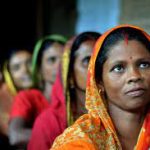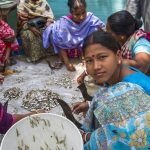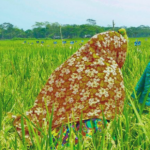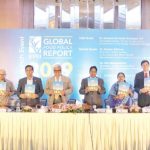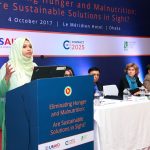Background The Women’s Empowerment in Agriculture Index (WEAI) is the first-ever direct measure of women’s empowerment and inclusion in the agriculture sector. Since its launch in 2012, WEAI has grown into a suite of quantitative and qualitative research tools and has been used by over 246 organizations across 58 countries worldwide to track progress toward […]
WEAI for Value Chains Final Report
Upon request of the U.S. Agency for International Development (USAID), IFPRI conducted this study to support USAID in assessing the state of empowerment and gender parity of men and women along the agricultural value chain in the Feed the Future (FTF) Zone of Influence (ZOI) in Bangladesh. Specifically, IFPRI’s Policy Research and Strategy Support Program […]
NEW RESEARCH: Gender and Agricultural Mechanization
Farmer hiring of agricultural machinery services is common in South Asia. Informal fee-for-service arrangements have positioned farmers so they can access use of machinery to conduct critical, time-sensitive agricultural tasks like land preparation, seeding, irrigation, harvesting and post-harvesting operations. However, both the provision and rental of machinery services are currently dominated by men, and by […]
2019 GFPR: BD highlighted for improving rural dev, food security
Marked by a deepening cycle of hunger and malnutrition, persistent poverty, limited economic opportunities, and environmental degradation, rural areas continue to be in a state of crisis in many parts of the world. According to International Food Policy Research Institute's (IFPRI) 2019 Global Food Policy Report (GFPR), which was launched on Thursday at the Hotel […]
Women’s empowerment improves in 2012-15
The scenario of women empowerment in Bangladesh has improved between 2012 and 2015, as the share of disempowered women decreased from 73 per cent in 2012 to 59 per cent in 2015, a latest IFPRI study revealed. The study also found that about 40 per cent women remained in chronic disempowerment, while 31 per cent […]
